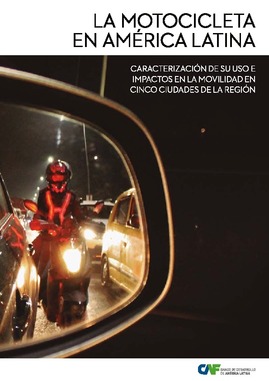Measuring the Cost of Congestion in Highly Congested City: Bogotá
Resumo
We provide a novel approach to estimate the deadweight loss of congestion. We implement it for road travel in the city of Bogotá using information from a travel survey and counterfactual travel data generated from Google Maps. For the supply of travel, we find that the elasticity of the time cost of travel per unit of distance with respect to the number of travelers is on average about 0.06. It is close to zero at low levels of traffic, then reaches a maximum magnitude of about 0.20 as traffic builds up and becomes small again at high levels of traffic. This finding is in sharp contrast with extant results for specific road segments. We explain it by the existence of local streets which remain relatively uncongested and put a floor on the time cost of travel. On the demand side, we estimate an elasticity of the number of travelers with respect to the time cost of travel of 0.40. Although road travel is costly in Bogotá, these findings imply a small daily deadweight loss from congestion, equal to less than 1% of a day’s wage.
Assunto
País / Región
Data
2017-04Cite esta publicação
Item que pertence à coleção
Autor
Akbar, ProttoyDuranton, Gilles
Items Relacionados
Transportation infrastructure and productivity: evidence from Colombia
This paper analyses the role of transport infrastructure in determining plant level TFP. We calculate TFP from the annual manufacturing surveys using ...
La motocicleta en América Latina: caracterización de su uso e impactos en la movilidad en cinco ciudades de la región
En esta investigación se examina la forma como se usa la motocicleta, sus causas, y sus consecuencias en cinco ciudades de América Latina (Bogotá, ...
Ibero American comprehensive guide for traffic crash victims
This guide offers a clear and simple explanation of the event, focusing on the legal and psychological scope, with the objective of providing the ...






